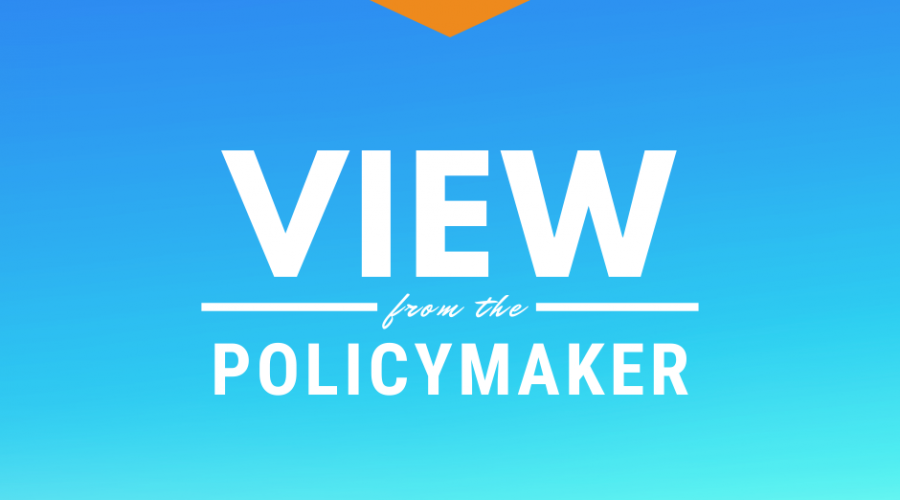The value of packaging design goes beyond pretty pictures
The value of packaging design goes beyond pretty pictures says Fred Roeder
When people talk about the importance of design, people will often point to iconic logos and branding that we now take for granted, whether it’s the Coca Cola motif, Mr Pringles crisps or Jack Daniels bottles.
But the importance of design isn’t just in the design itself, but in the intellectual property behind the design and its intrinsic value to brand holders and consumers. Design cues provide information and knowledge around the products consumers buy and help to build confidence. Removing design elements simply limits an individual’s ability to make informed decisions about what they are buying.
Late last year, the outgoing UK Chief Medical Officer, Dame Sally Davies, called on the government to threaten the food industry with ‘cigarette style’ plain packaging for sweets and chocolates if they failed to meet sugar reduction targets. Dame Sally called the for the sugar tax programme – already in place for soft drinks – to be extended to cereals, yogurts and cakes if targets are not met by 2021, and applied to calorie-rich foods by 2024.
Creative solutions
Dame Sally’s parting shot at the food, drink and retailing industry comes hot on the heels of the UK’s Food Ethics Council which also called for an outright ban on cartoon mascots on junk food, including fizzy drinks, crisps, cereals and biscuits, in a bid to curb obesity and diseases like diabetes
No one is denying that a there’s a sensible debate to be had around responsible consumption, but unproven laws are not the solution. Rather than scaring people into changing their behaviour or punishing their pockets through ‘sin taxes’ and brand censorship, legislators need to be more creative when it comes to promoting good health.
While it’s not yet government policy in the UK, it soon could be and it will be interesting to see if Chris Whitty, Dame Sally’s replacement, picks up the cudgel and continues to beat food and drink manufacturers, retailers and consumers into submission.
Lawmakers often take their lead from public health bodies like the Food Ethics Council and supranational organisations 13like the World Health Organisation, who just love to wield the ban hammer in the name of protecting public health.
It’s happening already with Ireland’s Public Health (Alcohol) Bill, which became law in October 2018, regulating advertising and promotion, insisting on mandatory cancer warnings, and banning alcohol branding from sports stadiums.
Restricting marketing and communications in certain product categories and, in some cases, banning their availability altogether, will only serve to stifle innovation and violate consumer rights.
You only have to go back 100 years to the US bringing in the Volstead Act, which prohibited the manufacture and sale of alcoholic beverages, to know that banning something simply drives demand underground, fuelling criminality.
Freedom of choice
Unbranded goods provide a boon for organised crime gangs as the labels, packaging and containers are much easier to fake. Spurred on by the promise of enormous profits, the trade in unregulated illegal products represents a tempting proposition for counterfeiters, with huge costs to governments and the public alike. Therefore, the total damage to businesses affected is likely to be higher. Brand censorship will almost certainly lead to losses in the creative industries, including design and advertising services, which are heavily reliant on FMCG contracts.
Brand Finance estimates that the potential value loss to businesses worldwide would be $430.8bn if tobacco-style plain packaging were extended to the beverage industry. This refers to the loss of value derived specifically from brands and does not account for further potential losses resulting from changes in price and volume of the products sold, or illegal trade.
Compounding the issue is a complete lack of analysis-based dialogue between brand owners, consumers and regulators. IP laws and frameworks are positive examples of these groups working together to protect and enforce the interests of rights holders, whilst at the same time allowing consumers the freedom to make their own choices. Despite these efforts, the infringement of IP rights remains a significant problem. According to a 2019 OECD – EUIPO report, the total volume of trade in fakes was estimated at $509bn, or 3.3 per cent of global trade (up from 2.5 per cent in 2013).
The way forward
No brand has a God-given right to exist or survive. But the threat of restrictive business regulation and illegal trade will only serve to hasten their demise by undermining intellectual property rights and weakening their inherent value.
The Food Ethics Council and Public Health England are right to call for a debate on how we can make the country healthier, but the negative impact of limiting brands could wreak havoc in the packaging and creative industries, causing a major headache for big retailers, with no conclusive evidence that the policy will achieve the desired health objectives.
That is why closer collaboration and co-operation between policymakers and industry participants, and education over legislation, provides the best way forward. Instead of health warnings and brand censorship, we should use incentives and encouragement to change consumer behaviour.
Fred Roeder is the Managing Director of the Consumer Choice Center, an independent non-profit organisation, which promotes ‘consumer choice’ among different products, innovations and price classes. The Consumer Choice Center supports lifestyle freedom, innovation, privacy, science and consumer choice. The CCC believes regulators on local, national and supranational levels keep regulating more and more areas of consumers’ lives. This leads to less consumer choice and makes products more expensive.
Originally published here.
The Consumer Choice Center is the consumer advocacy group supporting lifestyle freedom, innovation, privacy, science, and consumer choice. The main policy areas we focus on are digital, mobility, lifestyle & consumer goods, and health & science.
The CCC represents consumers in over 100 countries across the globe. We closely monitor regulatory trends in Ottawa, Washington, Brussels, Geneva and other hotspots of regulation and inform and activate consumers to fight for #ConsumerChoice. Learn more at consumerchoicecenter.org










